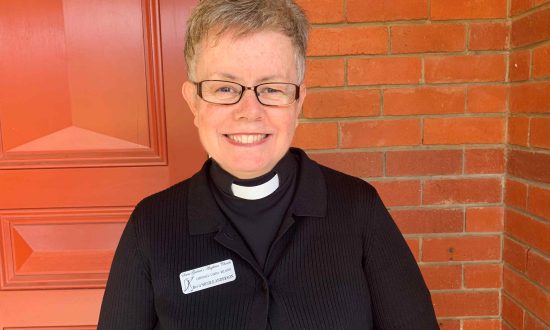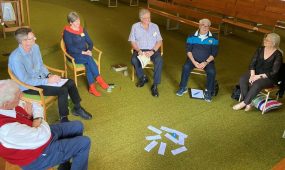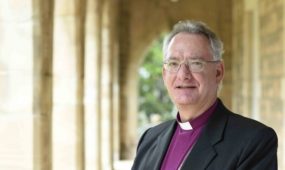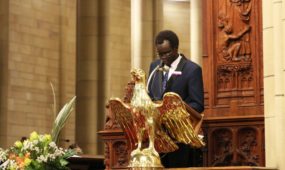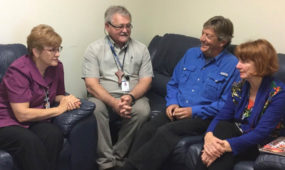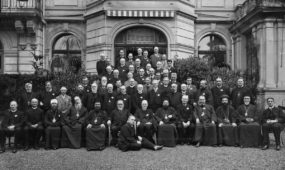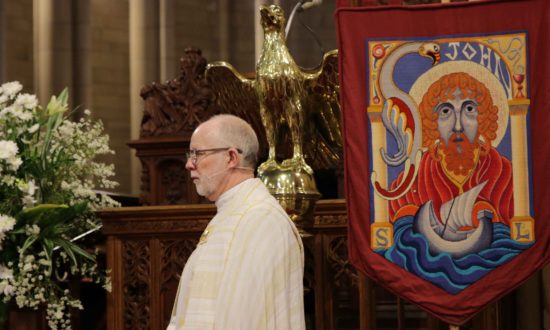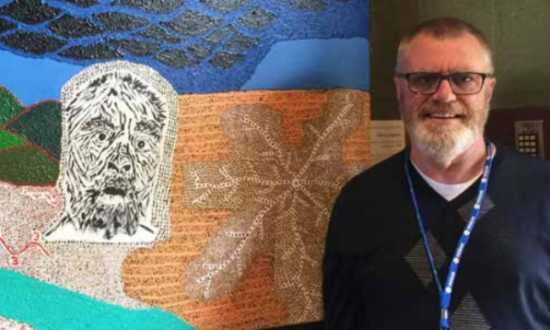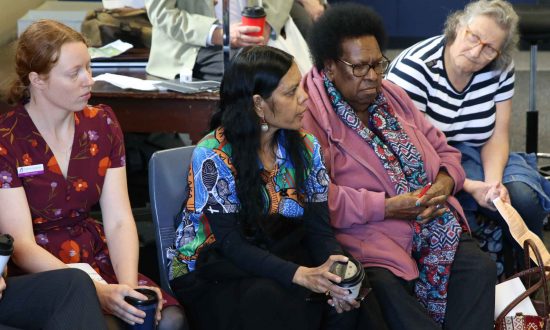
“Dialogical tools such as World Café are really helpful in introducing students to ways of talking about serious topics, and for managing conversations where there may be different, strongly-held opinions,” says The Rev’d Gillian Moses from St Aidan’s Anglican Girls’ School

“Conversation enables parents to learn about their child. At the same time, parents are contributing to their child’s learning and construction of meaning…Conversation enables connection and reinforces the critical bond between a parent and child, reflecting the shared love and trust that contribute to a positive wellbeing,” says Chris Curtain from Matthew Flinders Anglican College
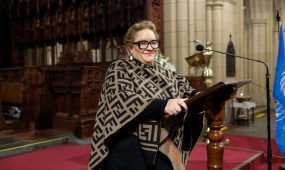
“Our Country, our land, is integral to who we are. Our culture is a gerontocracy, which means that our Elders, our old people, lead decision making in communities, and are the cultural authority in our communities. The fundamental normative principle is that decision needs to be driven by community. So we designed a process that would enable us to seek advice from communities via a structured, deliberative dialogue process,” says Professor Megan Davis
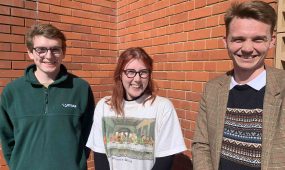
Five inspirational and dedicated clergy and lay people from across our Diocesan Regions share their Synod highlights and learnings with anglican focus readers
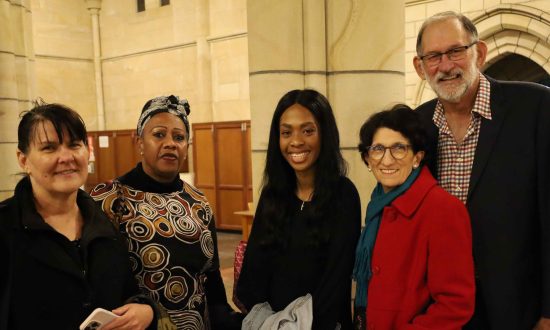 Reflections
Reflections

